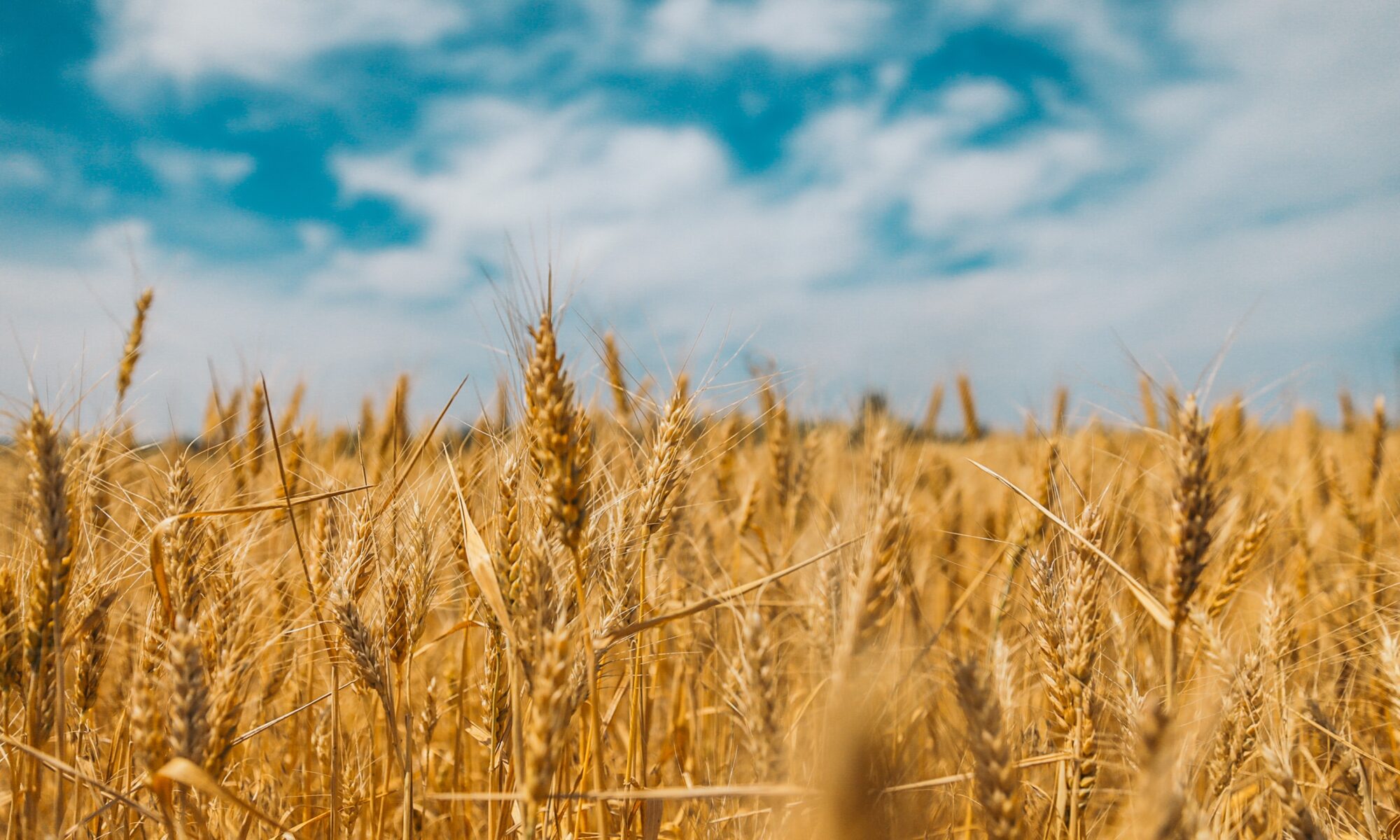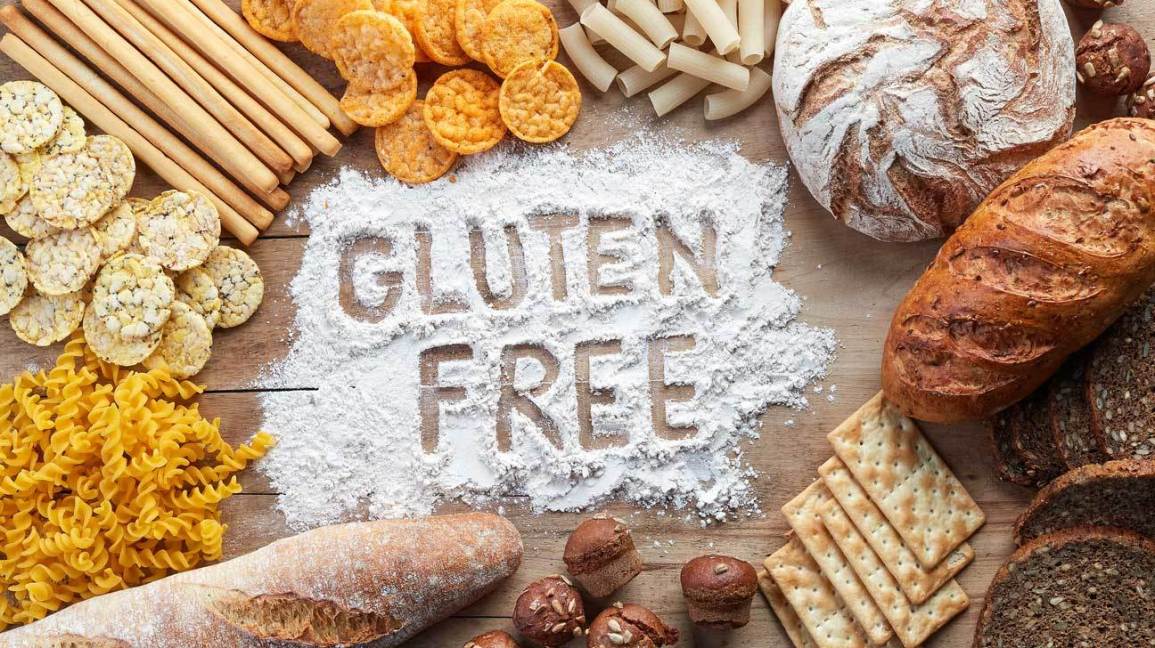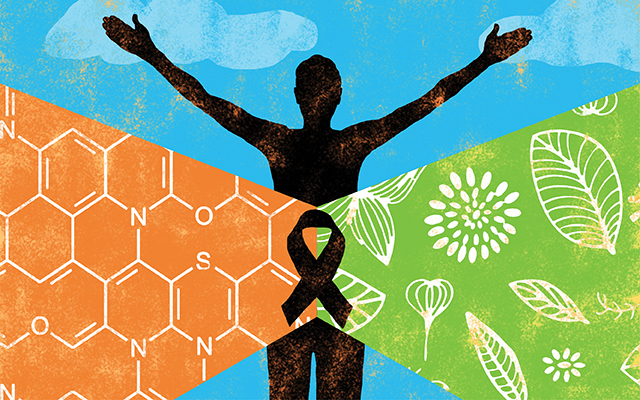People love the idea of ‘super foods,’ and I’m commonly asked my thoughts about everything from goji berries to blue-green algae. Some super foods, like chia seeds and coconut oil, are foods that I recommend. Others, like blue-green algae—sourced from a lake polluted by agricultural runoff—are supplements that I obviously do not advise taking. But even the super foods I like and recommend don’t compare to the humble potato. The humble potato is nutrient dense, and not only is it good for you, it’s good for the health of the planet.
Potatoes have gotten a bad rap, with many people thinking that they’re fattening and devoid of nutritional value. But potatoes have a long history of nourishing humankind. In Ireland, people based their diets on nutrient rich potatoes for hundreds of years.
Continue reading “Potatoes: The Humble Food That Tops All Other Super Foods”





